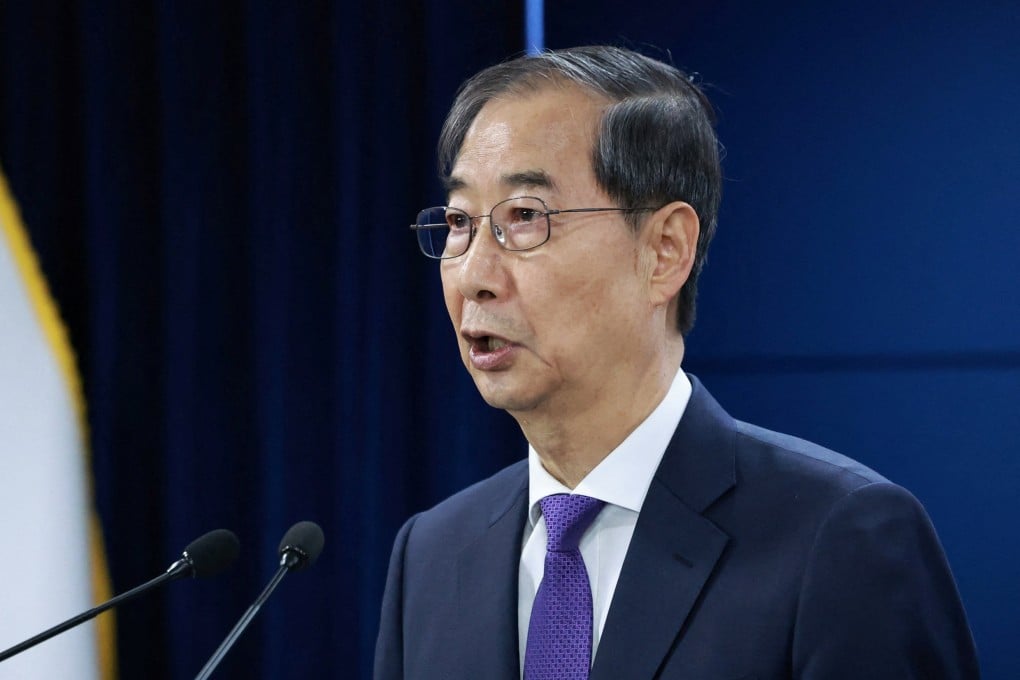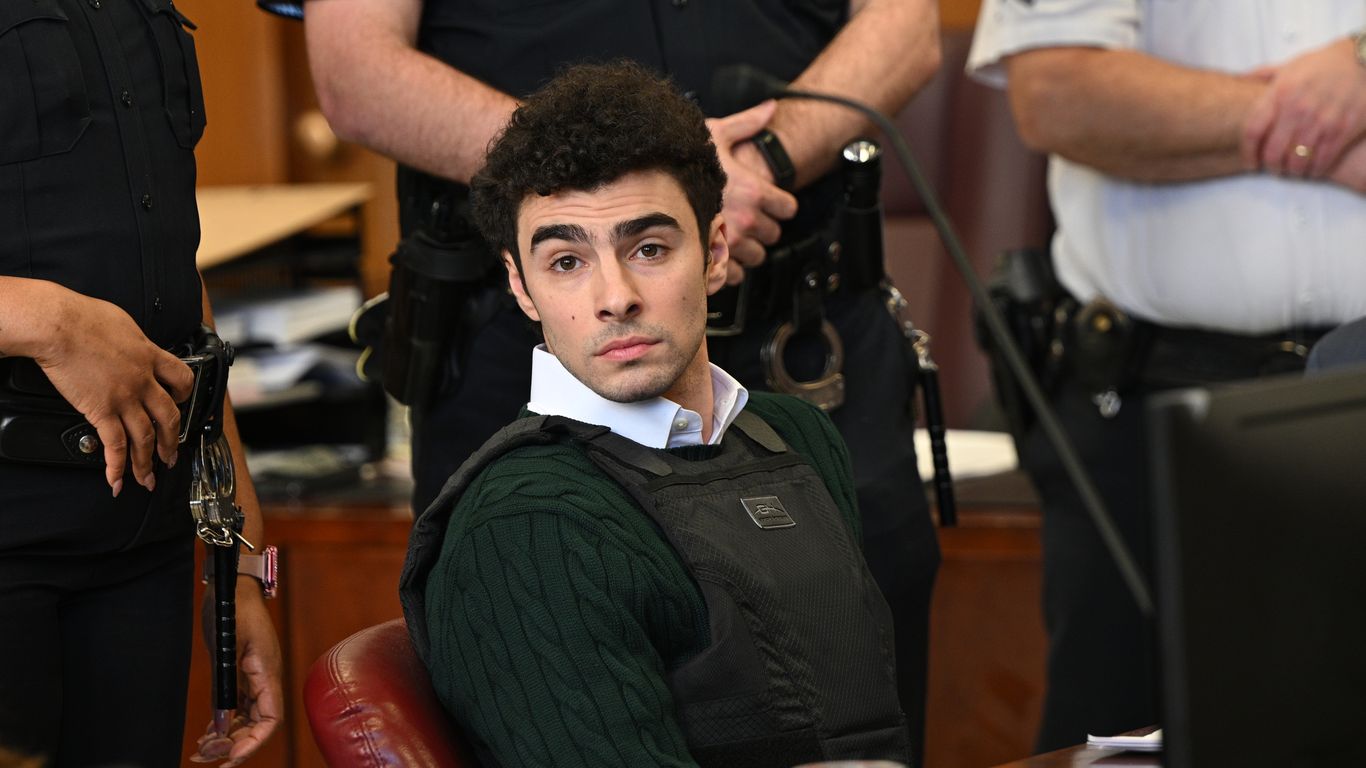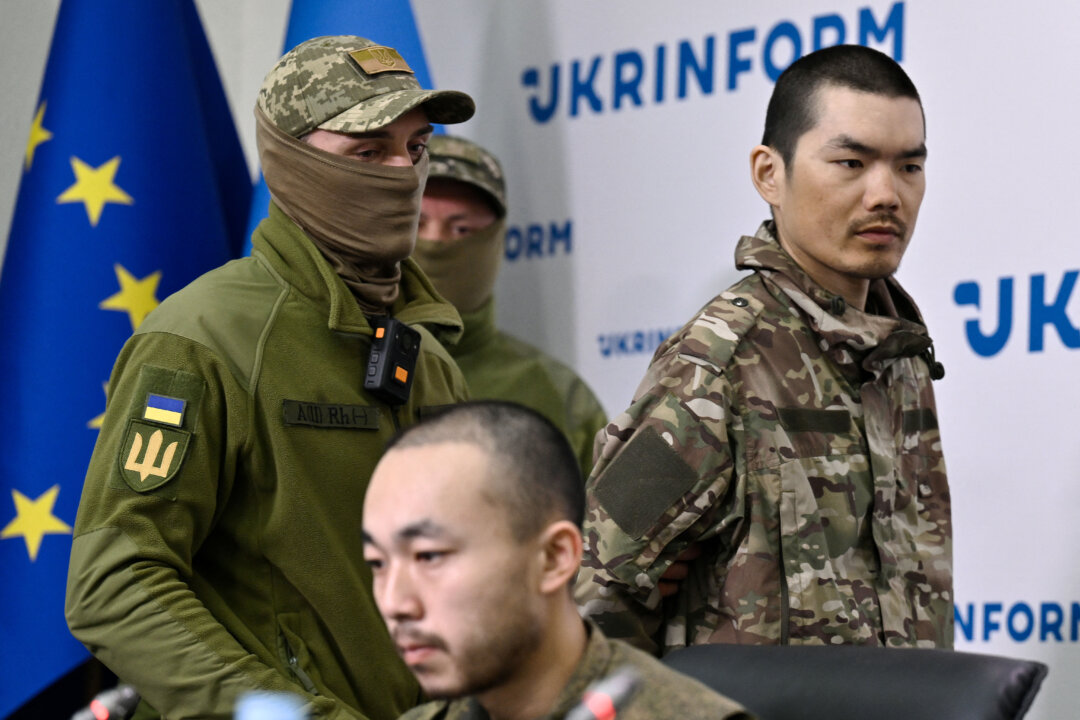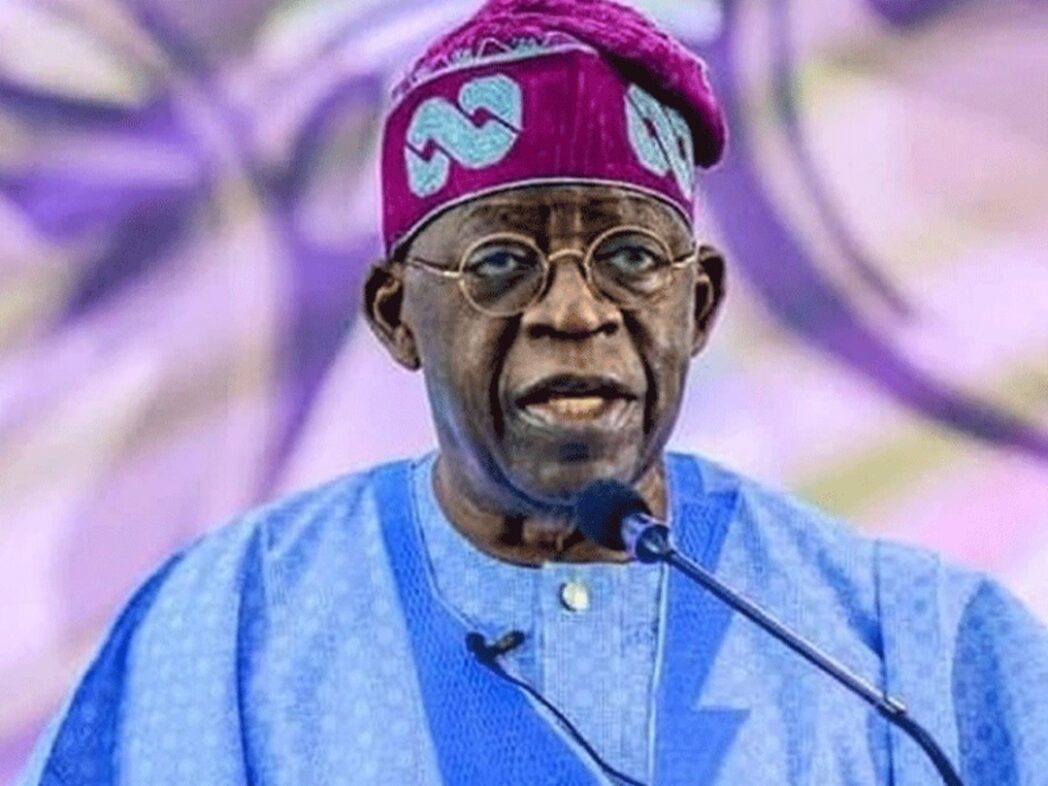By . By Zayd Ibn Isah When it comes to promoting Nigeria and urging citizens to be law abiding and see the light at the end of the country’s dark tunnel, two prominent Nigerian figures who happen to be pastors stand out for me. One of them is Pastor Poju Oyemade; the other is Pastor Femi Lazarus.
If you have ever listened to either of these men speak from the podium, you would agree with me that they are true pan-Nigerians, visionary leaders who not only use their platforms to speak truth to power but also speak truth to the powerless. In a particular video of Apostle Femi Lazarus that I watched last year, he shared three deeply disturbing scenarios. One involved him personally, while the other two highlighted the tragic fate of two promising young Nigerians—both victims of criminal attacks.

One was a young man who was about to get married. He was stabbed multiple times and eventually died in the hospital because doctors refused to treat him without a police report. The other was a young woman who fell victim to a “one-chance” robbery and, like the first, was denied treatment because the hospital insisted on seeing a police report.
Femi Lazarus noted how, in cases like these, Nigerians often say, “Nigeria has happened to them.” He explained that if either of those two young people had powerful connections, a simple call from “Oga at the top” might have overridden protocol and saved their lives. He then juxtaposed these incidents with a personal experience he had when he took his pregnant wife to the hospital.
The nurses were lackadaisical and slow to attend to her. In frustration, he shouted at them to do their jobs, reminding them that they are paid to save lives, not to drag their feet. Upon hearing his voice, a doctor came out, recognized him, and exclaimed, “Hey, it’s Pastor Lazarus!” “I am sorry!”, Immediately, the staff sprang into action.
The pastor admitted he couldn’t hide his anger and disappointment. He wondered what would have happened if he hadn’t been a known figure. What if he were just an everyday citizen who brought his wife to the hospital and she died due to that same negligence? Would we still say, “Nigeria has happened to them”? Please note that the Inspector-General of Police, Kayode Egbetokun, PhD, has since directed doctors to treat patients with gunshot or knife wounds without insisting on a police report.
But the takeaway from the three scenarios Pastor Femi Lazarus painted is that we are all stakeholders in Project Nigeria. As he rightly said, it is easy to criticize leadership, but we must understand that we are also leaders, and we can do better in our little ways. “The boss who withholds salaries just to show his power but still protests against bad governance forgets that his own government is failing.
The lecturer who demands sexual favours from female students before awarding grades, yet complains about misgovernance, forgets that his own leadership has collapsed”. In his final words, Pastor Femi Lazarus urged, “All of us should do what is right.” He further said, “Leadership isn’t just about those at the top, it is about all of us doing the right thing, even when no one is watching”.
Away from Pastor Femi Lazarus to Pastor Poju Oyemade, the convener of “The Platform Nigeria” addressed what appeared to be a congregation recently. In the video, which has gone viral and elicited reactions from some quarters, Pastor Oyemade spoke passionately about how some people are being programmed on social media to hate their country. He recalled a conversation he had with fellow compatriots in America, where he pointed out how education in Nigeria is subsidised, whereas in Europe and America, citizens study on student loans, and many of them spend their entire lives paying off these loans.
He also mentioned the attitude of Nigerians whenever they go abroad: they do all manner of jobs to survive, jobs they ordinarily wouldn’t consider doing back home. He argued that if they channelled the same energy and resilience here in Nigeria, perhaps they would have made progress, just like many others who have remained in the country despite the numerous challenges. Even those who left, he said, often find themselves returning home because, as they eventually realise, the grass is not always greener on the other side.
Expectedly, Poju Oyemade’s assertion caught the attention of the Nigerian Medical Association, because he mentioned the amount of money an average Nigerian medical student spends before acquiring an MBBS, compared to their counterparts abroad. Although Pastor Poju pegged the total amount medical students in Nigeria spend at ₦500,000, while the actual figure may be higher for public schools—especially with the recent increase in tuition fees, it is still a far cry from what is obtainable abroad. We may want to compare the quality of education, but we shouldn’t forget that Nigerian graduates who later went abroad to continue their studies are making waves there, thereby showing proof of a solid foundation from home.
A few examples include Silas Adekunle, educated in Nigeria, who later founded Reach Robotics and was listed by Forbes as one of the world’s top young inventors. There is also Prosper Otemuyiwa, who studied at Lagos State University, but is now a globally sought-after software engineer and developer advocate. And what about Dr.
Adebayo Alonge, a University of Ibadan graduate, who co-founded RxAll, using AI to fight fake drugs, and won the 2019 Hello Tomorrow Grand Prize? Or Dr. Ezekiel Okike, who began his academic journey in Nigeria, but is now a top orthopedic surgeon and researcher affiliated with Harvard? The list is by no means exhaustive. Now, let’s talk about the cost of education in Europe and America.
According to the US Department of Education, the total Student Loan Debt that Americans owe as of 2024, is over $1.7 trillion spread across 43 million borrowers. Many Americans are dying under the weight of this huge student loan debt.
If you recall, Afrobeat musician, David Adeleke, popularly known as Davido paid a whopping US$50,000 for a young fan during one of his musical concerts in America. In the video which circulated on social media, the young lady held a banner, pleading for her student loan to be paid. Luckily for her, the singer noticed the banner and called her out to the stage.
When Davido asked her how much her loan was, and she said, “$100,000,” he offered to pay half of the money. Student loans have had a toll on the overall mental health of Americans. A CNBC report revealed that one in three borrowers regularly experiences depression or anxiety due to student debt.
Financial stress from these loans ultimately affect marriage decisions, job choices, and even health care access. And this is not only limited to the United States. Even in the United Kingdom, students in England graduate with an average of £45,000 to £50,000 in student loan debt, according to The Guardian UK.
According to statistics, many graduates do not even get to pay off their full loan within 30 years, after which it is usually written off. However, the emotional and financial strain of having slaved to clear these debts often lingers, and most people are left feeling as if their entire existence revolves around debt alone. In a 2022 article on The Guardian UK, there was a story of a young man named James who is a public sector worker.
James had repaid nearly £20,000 since graduating but still owed more than his original loan due to interest. He said that it felt like “paying for a degree forever.” These examples highlight the point Pastor Oyemade made: that education is heavily subsidised in Nigeria, while in the West, many young people carry lifelong debt.
If we cannot be grateful to Nigeria for anything, let us be grateful to her for this. I know it is within our rights as citizens to be educated, but we must know that this right comes with a huge price in other climes. As such, instead of hating our country for what it is, let us look at the little gains and be hopeful for better days.
The so-called saner climes we run to for refuge have their unique set of challenges. Yet, most of their citizens still have undying love for their fatherland. I am aware that Nigerians love Nigeria, although it may seem as if we only demonstrate this love whenever the country’s national football team is playing a match.
However, it is disheartening that when it comes to condemning the country, especially when something untoward happens, many Nigerians don’t hold back on their criticism. You’ll hear statements like “Nigeria is a zoo” or “Divide this country; let each region go its separate way.” Some even go as far as cursing our leaders, hurling invectives at those in power presently and even historical figures like Lord Frederick Lugard, on account of the 1914 amalgamation.
Sadly, some people have so given up on this country that they don’t want to hear any good news about it. And these are the kinds of people that Pastor Poju Oyemade was referring to. He once said that some Nigerians have become so emotionally attached to the failure of the nation that they feel personally attacked whenever a positive story about the country emerges.
In other words, they consider it their national assignment to constantly emphasise everything that is wrong, while turning a blind eye to anything that is right. Pastor Poju Oyemade also reminded us that even in the darkest moments of our nation’s journey, we must never stop hoping, never stop building, and never stop believing in our collective strength as a people. That’s what Project Nigeria is about.
To me, the goal of Project Nigeria isn’t just about infrastructural development or political stability. It’s about building a new national culture, one rooted in personal responsibility, empathy, unity, and a relentless belief in our country’s potential. It’s also about acknowledging that there is no nation on earth without challenges, but the people who succeed are those who can find it in themselves to rise above blame and become the change they desire.
As citizens, we must stop being passive observers and start being active participants in shaping our nation’s future. Whether as teachers, civil servants, artisans, journalists, doctors, or police officers, we all have a part to play. And that part begins with integrity.
Like Pastors Poju Oyemade and Femi Lazarus, we must continue to speak life into Nigeria, act responsibly in our corners, and hold on to hope, even when things look hopeless. In the end, the real revolution Nigeria needs will not begin in the streets, but in the hearts of its people. Zayd Ibn Isah can be reached at [email protected] UPDATE NEWS: Nigerians can now earn US Dollars through domain flipping, buy domain names for cheap and have it resold to earn up to $15,000.
Click here to start and get PROOF. Join Daily Trust WhatsApp Community For Quick Access To News and Happenings Around You..
Politics
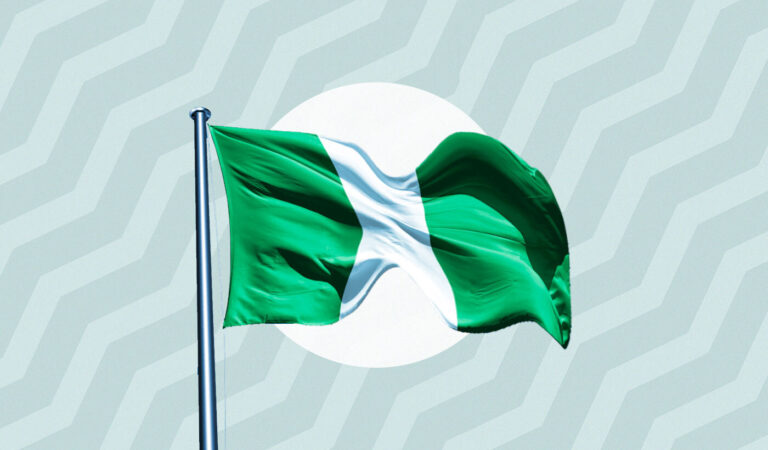
Poju Oyemade, Femi Lazarus and Project Nigeria

By Zayd Ibn Isah When it comes to promoting Nigeria and urging citizens to be law abiding and see the light at the end of the country’s dark tunnel, two prominent Nigerian figures who happen to be pastors stand out for me. One of them is Pastor Poju Oyemade; the other is Pastor Femi Lazarus. [...]









